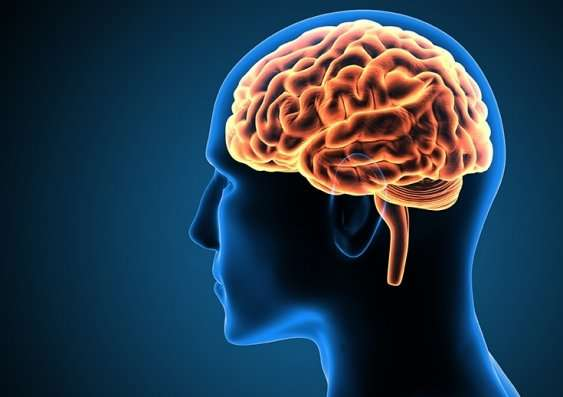
Migraines are the 7th most disabling disease in the world. Many patients wonder about migraine’s long-terms effects, especially in association with the brain.
Research has shown that brain scans of migraine victims will sometimes detect changes in the brain, which are referred to as white matter lesions. White matter lesions are areas of demyelinated cells present in the white matter of the brain. Demyelination is a process when myelin (the protective wrap around a nerve cell) is damaged. White matter lesions are usually caused by migraines, old age, strokes, or progressive neurological diseases that cause brain degeneration, such as Alzheimer’s or sclerosis.
However, despite the possibility of developing white matter lesions … there is good news! Studies have shown that white matter lesions are not usually associated with neurological issues and are not indicative of cognitive decline. Migraine sufferers should not be worried about long-term brain damage.
Nevertheless, forming brain lesions is still a possibility for migraine sufferers. Various studies have shown that patients who experience migraines with an aura show a 68% increased risk of forming white matter brain lesions. An aura occurs about 30 minutes before a migraine hits, and patients usually experience symptoms such as blind spots, blurry vision, or slurred speech. Those who experience migraine without an aura show only a 34% risk of forming lesions. So far, brain scans in migraine patients have not proved that white matter lesions lead to a decline in cognitive ability.
Research has shown that migraines don’t affect brain development either. Children who are victims of migraine attacks are not at risk for impaired cognitive disabilities or brain damage. However, if your child is experiencing severe pain, or some of the following symptoms, take him into the hospital:
– A headache accompanied with a high fever or stiff neck
– Headaches that keep your child up at night
– A severe headache that happens abruptly
– A headache after an injury
– A headache that causes balance or walking problems, double vision, or fainting.
These symptoms may indicate dangerous consequences, and neurological disorder may be one side effect.
See Dr. Taves at Novera today to receive a diagnosis and treatment for you or your child’s migraines. Take control of your pain as soon as today and live free from the fear of your next migraine attack.




